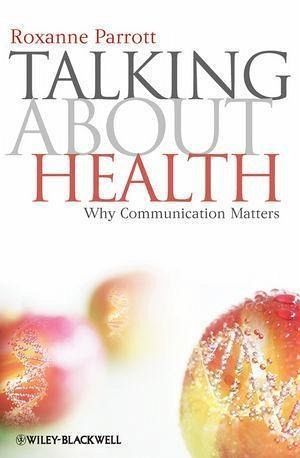
Talking about Health (eBook, PDF)
Why Communication Matters
Versandkostenfrei!
Sofort per Download lieferbar
30,99 €
inkl. MwSt.
Weitere Ausgaben:

PAYBACK Punkte
0 °P sammeln!
Written by an award-winning researcher and professor whose work straddles the fields of communication and healthcare, Talking About Health explores the importance of health communication in the 21st century, and how it affects us all. Organized around six key questions about health and communication: How 'Normal' am I? What are My 'Risk' Factors? Why Don't We Get 'Care'? Is the Public Good 'Good' for Me? Who Profits from My Health? and What's Politics Got to Do with It? Provides readers with specific tools which which to better navigate the healthcare system Translates what we know about comm...
Written by an award-winning researcher and professor whose work straddles the fields of communication and healthcare, Talking About Health explores the importance of health communication in the 21st century, and how it affects us all.
- Organized around six key questions about health and communication: How 'Normal' am I? What are My 'Risk' Factors? Why Don't We Get 'Care'? Is the Public Good 'Good' for Me? Who Profits from My Health? and What's Politics Got to Do with It?
- Provides readers with specific tools which which to better navigate the healthcare system
- Translates what we know about communication and health into useful guidelines for everyday practice
- Includes discussions of politics and healthcare, genetic testing, and alternative care
- The author's blog http://whyhealthcommunication.com/whc_blog/ focuses on why communicating about health can make a difference in our health and our quality of life
Dieser Download kann aus rechtlichen Gründen nur mit Rechnungsadresse in D ausgeliefert werden.













